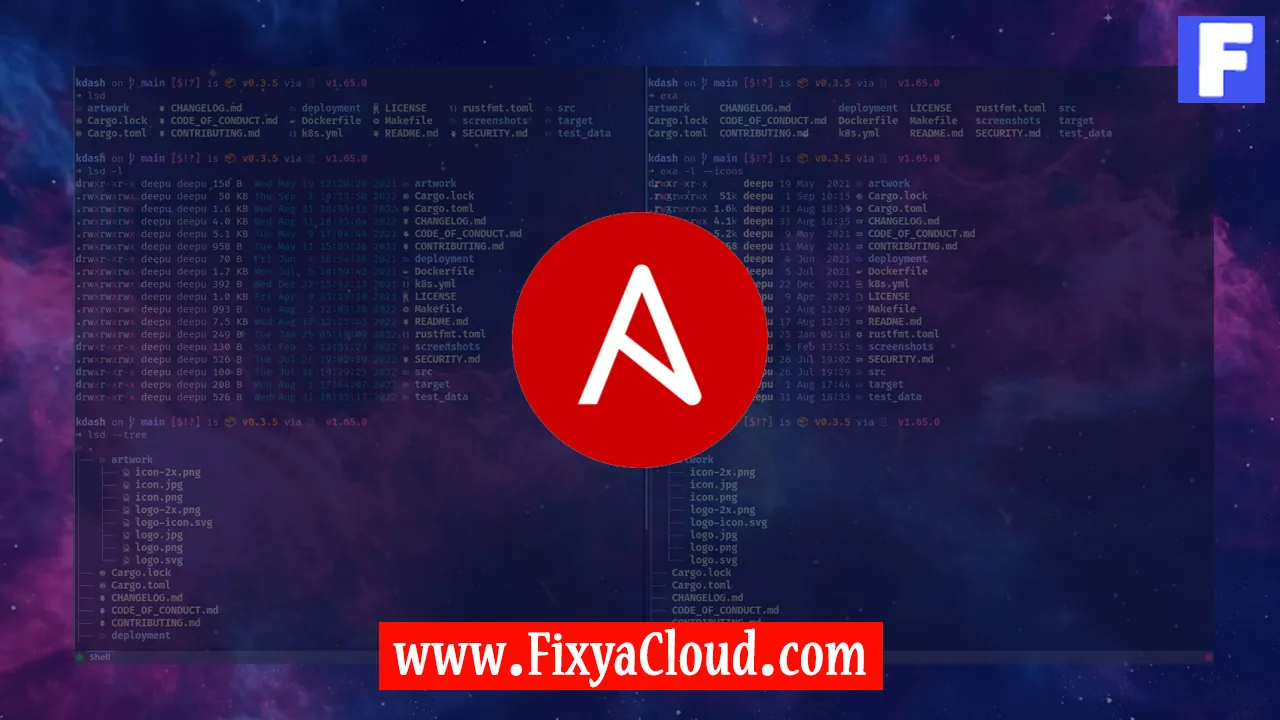Ansible and EC2 Integration: Streamlining Cloud Operations

In the ever-evolving landscape of cloud computing, efficient management and automation are paramount. Ansible, an open-source automation tool, and Amazon Elastic Compute Cloud (EC2) can form a powerful alliance to streamline cloud operations. This integration allows for the automation of deployment, configuration, and management of EC2 instances, enhancing productivity and reducing manual efforts. In this article, we will explore the seamless integration of Ansible with EC2, providing step-by-step instructions, practical examples, and essential commands.
Setting the Stage: Installing Ansible
Before diving into EC2 integration, ensure that Ansible is installed on your system. Use the following command for installation:
sudo apt-get update
sudo apt-get install ansible
Authentication Setup: Generating SSH Keys
To communicate securely with EC2 instances, SSH keys play a vital role. Generate a new SSH key pair using the following command:
ssh-keygen -t rsa -b 2048 -f ~/.ssh/my_ec2_key
Integrating Ansible with EC2: Configuring the Inventory File
Ansible uses an inventory file to define the hosts it manages. Create a new file, e.g., inventory.ini, and specify the EC2 instance details:
[ec2_instances]
ec2_instance_ip_address ansible_ssh_private_key_file=~/.ssh/my_ec2_key.pem
Replace ec2_instance_ip_address with the actual IP address of your EC2 instance.
Dynamic Inventory: Leveraging EC2 Plugin
Ansible provides a dynamic EC2 inventory plugin for real-time updates. Install the required package:
sudo apt-get install python3-boto3
Now, configure your inventory.ini file to use the EC2 plugin:
[ec2_instances]
plugin=aws_ec2
regions=your_aws_region
Ansible Playbooks: Orchestrating Tasks
Create an Ansible playbook, e.g., deploy_ec2.yml, to define tasks and configurations:
---
- name: Deploy EC2 Instance
hosts: ec2_instances
become: true
tasks:
- name: Ensure Apache is installed
become: true
apt:
name: apache2
state: present
This playbook ensures that Apache is installed on your EC2 instance.
Running Ansible Playbooks: Executing Commands
Execute the Ansible playbook using the following command:
ansible-playbook deploy_ec2.yml -i inventory.ini
Dynamic Inventories in Action: Scaling Resources
To dynamically scale resources based on your EC2 instances, modify your playbook:
---
- name: Deploy EC2 Instance
hosts: ec2_instances
become: true
tasks:
- name: Ensure Apache is installed
become: true
apt:
name: apache2
state: present
- name: Start Apache service
become: true
service:
name: apache2
state: started
Effortless Cloud Operations
Integrating Ansible with EC2 simplifies and accelerates cloud operations. The ability to automate deployment, configuration, and management tasks enhances efficiency and reduces human errors. By following these steps and exploring additional Ansible features, you can create robust automation workflows tailored to your specific cloud environment.
Related Searches and Questions asked:
That's it for this topic, Hope this article is useful. Thanks for Visiting us.
